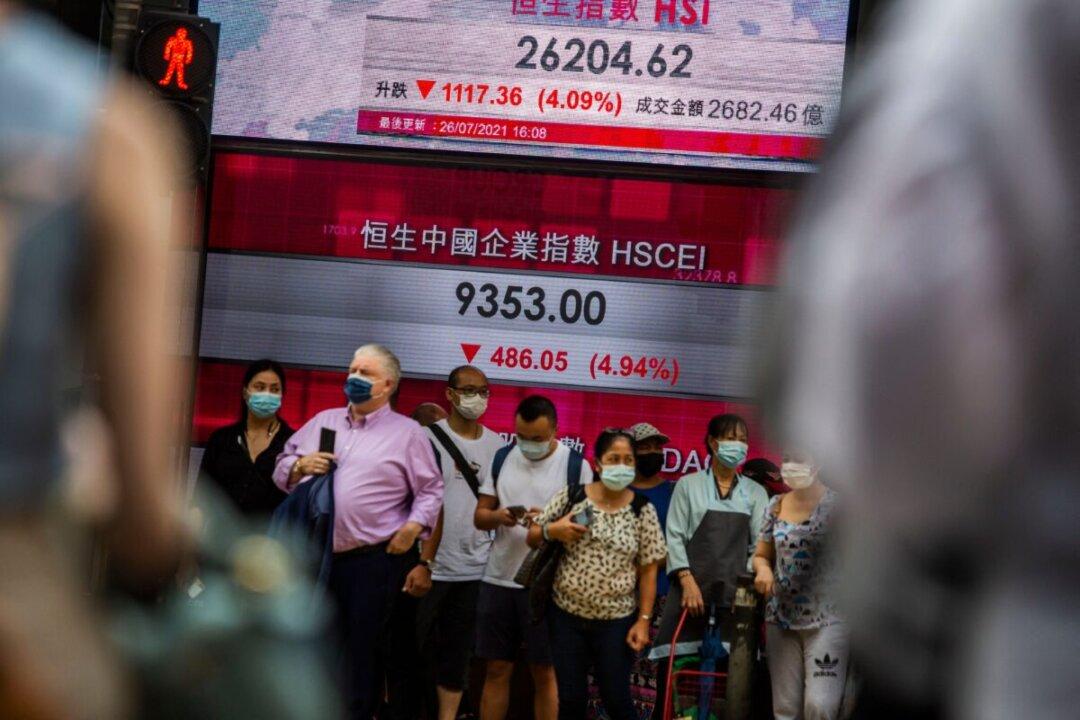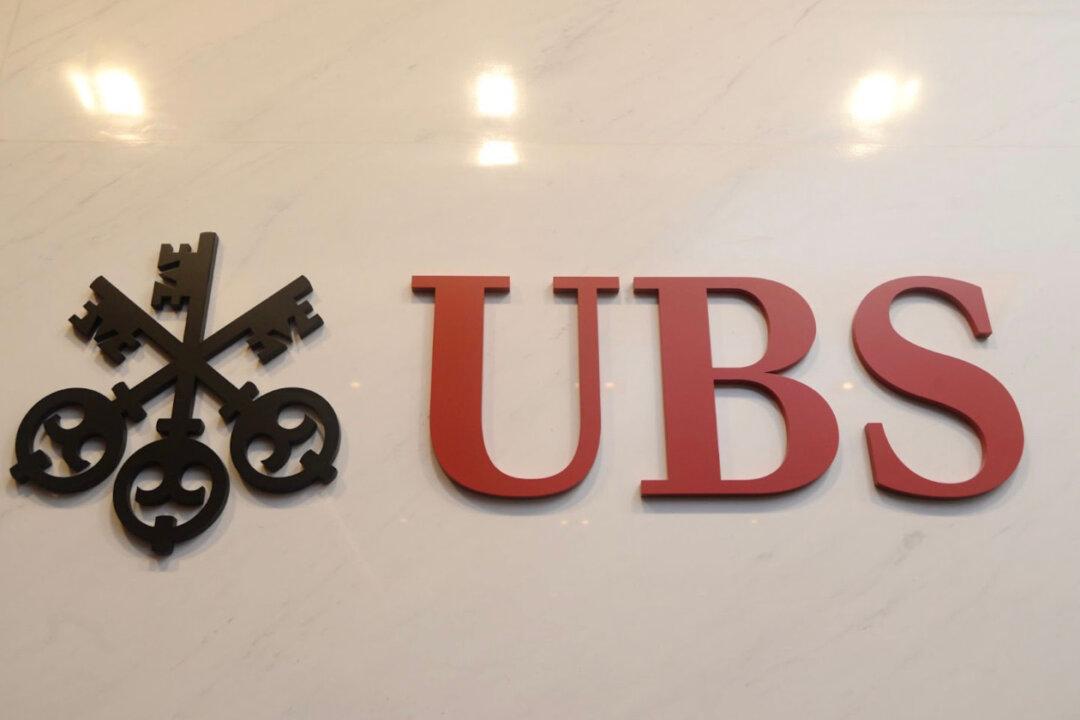The Chinese regime recently imposed strict regulations on after-school education institutions, in a bid to stop paid tutoring services offered by teachers for core school subjects. The news caused panic among investors, leading Hong Kong and U.S. education stocks to plummet.
After Chinese authorities imposed the new regulations, Hong Kong shares fell by 1,105 points on July 27, with education and technology shares being the hardest hit. Mike Sun, a U.S.-based senior investment adviser, told the Hong Kong Epoch Times that the sharp drop in Hong Kong stocks that day was a panic sell-off. He added that the two-day sell-off was mainly due to a policy shift by the Chinese Communist Party (CCP), which led investors, including Wall Street, to adjust their investment direction.




